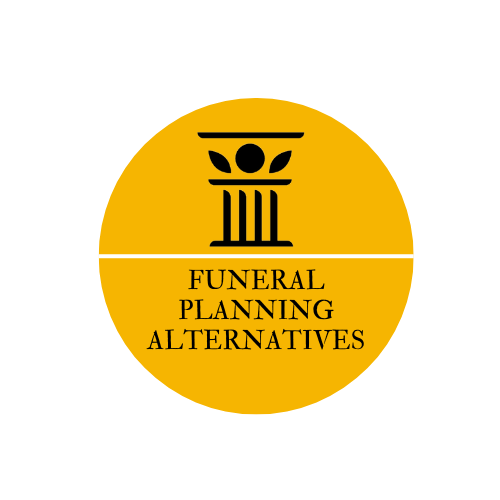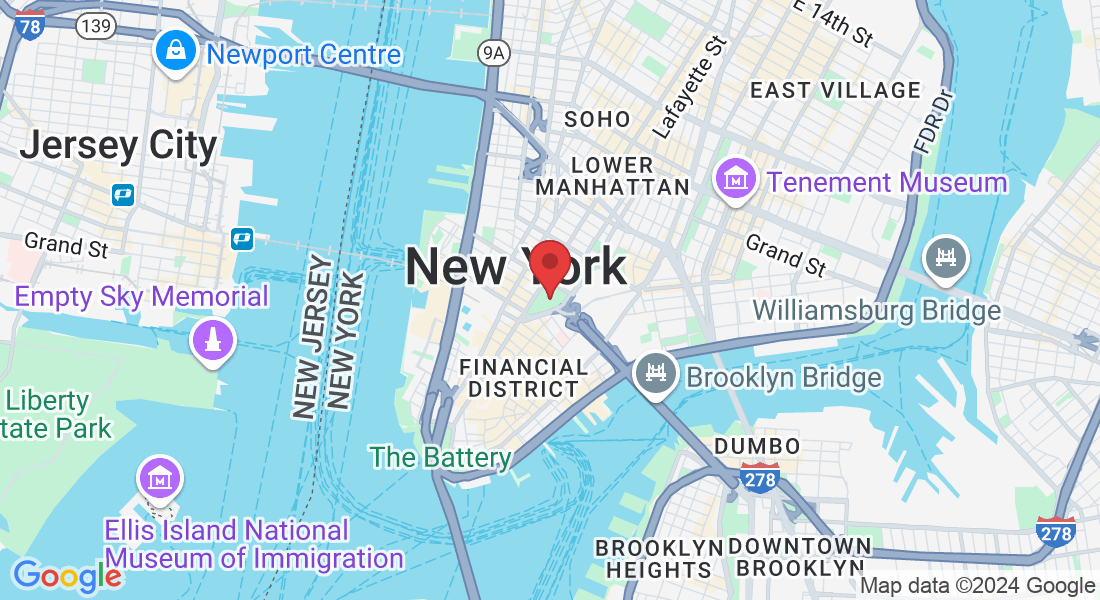What is a Funeral Benefit Trust?
A Funeral Benefit Trust is a legally binding financial arrangement designed to set aside funds specifically for end-of-life expenses. This structured plan ensures that your funeral and associated costs are covered, providing peace of mind for you and your loved ones.

Benefits of a Funeral Benefit Trust
Medicaid Asset Exemption: Funds allocated to a Funeral Benefit Trust are exempt from Medicaid’s asset limitations and are not subject to the five-year lookback period.
Protection from Creditors: These funds are shielded from creditors, ensuring that they are preserved for your intended purposes.
Relieve Family Burden: Removes the stress of financial planning for your family during an emotional time.
No Fees: Establishing a Funeral Benefit Trust typically comes with no associated fees.
Universal Qualification: Available to anyone, regardless of health or financial status.
Rapid Access to Funds: Liquid funds are generally accessible within 24 hours when needed.
Flexibility in Funeral Planning: You do not need to decide on specific services ahead of time.
Choice of Funeral Home: You can work with any funeral home, ensuring your preferences are honored.
Tax-Exempt Benefits: Policy benefits from the trust are exempt from income tax.
MORE INFORMATION
Expenses Covered Under a Funeral Benefit Trust
A Funeral Benefit Trust can cover a broad range of expenses related to end-of-life arrangements, including:
Funeral Home Services: Usage fees and service charges for directors and staff.
Clergy Fees: Costs associated with officiants.
Musicians: Fees for live or recorded music.
Death Certificates: Official documentation of death.
Printed Death Notices: Obituaries and notifications.
Embalming: Preservation services.
Casket/Burial Vault: Protective containers for burial.
Burial Plot: Purchase of a cemetery space.
Headstones/Monuments: Grave markers.
Cemetery Fees: Opening and closing of graves and maintenance.
Transportation: Hearse, limousines, or other vehicles.
Preparation Services: Dressing, makeup, and hairstyling.
Cremation Services: Includes urns.Flowers: Floral arrangements (some exceptions may apply).
Travel Expenses: Assistance for relatives attending the funeral (some exceptions may apply).
How a Funeral Benefit Trust Can Help You Qualify for Medicaid
A Funeral Benefit Trust is a strategic tool for Medicaid planning. Since the funds within the trust are considered exempt assets, they do not count against Medicaid’s eligibility requirements. This allows individuals to safeguard funds for funeral expenses while still qualifying for Medicaid benefits without triggering the five-year lookback period. More detailed information is available upon request.


Pennsylvania: Allowable Funeral Benefit Trust Funding by County (2024)
To ensure compliance, Pennsylvania has set specific permissible funding amounts for Funeral Benefit Trusts, varying by county. Detailed information is available in the attached Excel document.
Average Costs of a Funeral
Funeral costs can vary widely depending on services and location. On average:
Traditional Burial: $7,000 to $12,000Cremation Services: $2,000 to $6,000Additional Expenses: Travel, flowers, and personalization can increase overall costs.

Common Misnomers About Funeral Expenses
1. Social Security Benefits: Social Security only provides a lump-sum death benefit of $255, which is insufficient for funeral costs.
2. Tax Deductibility: Funeral expenses are not deductible on your individual tax return.
3. Annual Gifts: Gifts made to individuals are not tax-deductible on your 1040
4. Inheritance Taxes: While most inherited assets are not taxable to the IRS, some states impose inheritance taxes.
5.Medicare Supplement Policies: These policies do not cover funeral expenses
OUR TEAM

John Doe

Jane Doe

John Doe


